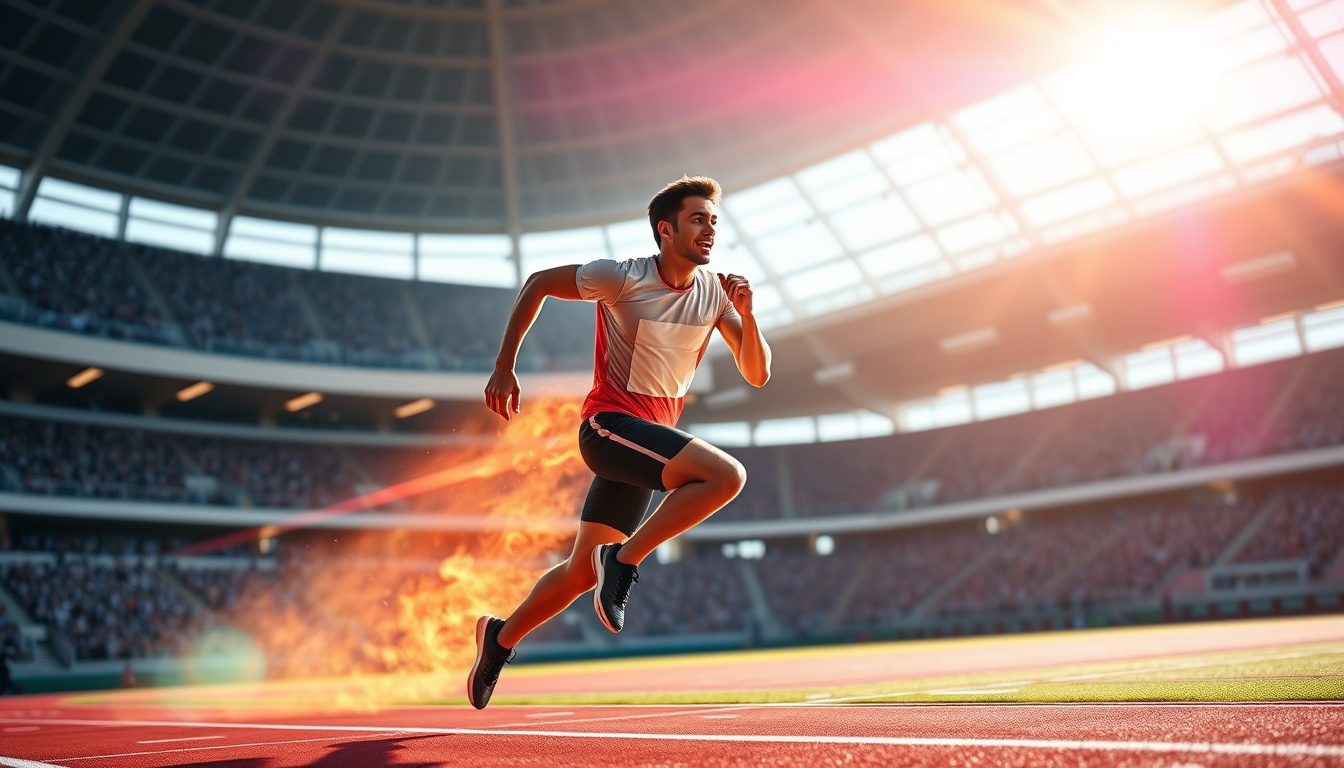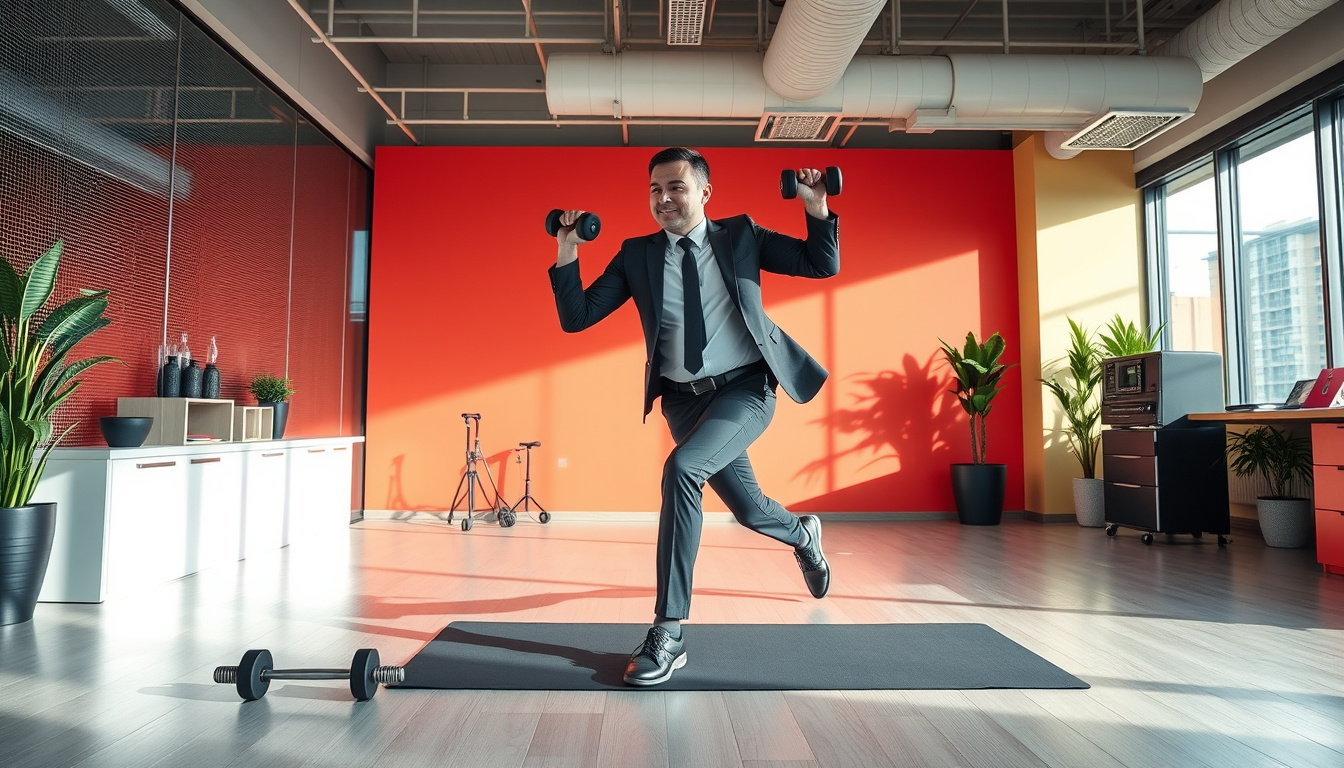Achieving peak athletic performance is a goal that ties many athletes together.
Some play for fun, some work hard on weekends, and others compete every day.
You may want to run faster, lift more weight, or simply feel more energetic.
This article gives expert tips and simple methods to improve your game and unlock your full potential.
Understanding the Foundation of Athletic Performance
Before sharing tips, see what builds athletic performance.
It has several parts: strength, endurance, flexibility, speed, agility, and mental toughness.
Each part links to the others.
A stronger body can improve speed, and a calm mind can help you move with ease.
This whole view treats physical work, food choices, and mental practice as connected tasks.
Optimize Your Training Regimen
1. Use Periodized Training
One strong method to improve athletic performance is periodized training.
It cycles training load and volume to avoid plateaus and cut injury risk.
This method means:
• Macrocycles: long phases spanning months or seasons.
• Mesocycles: medium phases that target goals like muscle building or endurance.
• Microcycles: short phases with daily or weekly goals.
A clear plan like this helps progress and gives your body time to rest.
2. Build Strength and Conditioning
Strength training builds a solid base for sports.
Use exercises that work large muscles—squats, deadlifts, bench presses, and jumps—to add power, balance, and protect against injury.
3. Practice Moves Specific to Your Sport
Your sport sets the moves you need.
Runners work on stride drills.
Basketball players practice quick steps and jumps.
Tailor training to your sport so that each exercise works close with its purpose.
Nutrition for Better Performance
The Role of Proper Nutrition
Good food fuels your body to recover and work well in sports.
Carbohydrates give energy for hard work.
Protein helps repair muscles.
Healthy fats keep hormones steady and give long-term energy.
Drinking water helps muscles work well and keeps you cool.
Pre- and Post-Workout Nutrition
Plan your meals around workout times:
• Pre-workout: Have a balanced meal with plenty of carbs and some protein about 2–3 hours before you train.
• Post-workout: Eat a mix of carbs and protein within 30–60 minutes after training to refill energy and repair muscles.
Recovery Strategies for Peak Performance
Rest and recovery often hide in the background but play a big role in athletic performance.
Too much training can cause tiredness and injury.
Make sure you sleep 7–9 hours each night.
Add active recovery days with light work like walking or swimming.
Use foam rolling, stretching, or massage to help muscles rejoin their work quickly.
Mental Resilience and Focus
Physical work is one part of performance.
A strong mind and clear focus also boost your game.
Tips for Mental Sharpening:
• Practice calm breathing or meditation to cut stress.
• Picture success to build confidence.
• Set clear goals that are Specific, Measurable, Achievable, Relevant, and Time-bound to keep you on track.
Fresh Ways to Improve Your Game
1. Cross-Training
Switching exercises keeps you from getting bored, builds different fitness skills, and cuts injury risk.
For example, a cyclist might add swimming to work on different muscles.
2. Use Technology and Data
Gadgets and apps can catch details like heart rate, oxygen use, sleep quality, and more.
Study these numbers to plan your training and food choices well.
3. Get Advice from Experts
A coach or sports nutrition advisor gives you personal advice, helps you keep good form, and holds you to your plan.
Top 5 Tips to Improve Your Athletic Performance
- Follow a set, rotating training plan that fits your goals.
- Eat balanced food and keep up good hydration.
- Get 7–9 hours of sleep and add active recovery.
- Use simple mind exercises to keep focus.
- Check your data and ask experts for help along the way.
FAQs about Improving Your Athletic Performance
Q1: How can I improve my athletic performance quickly?
Improving performance takes time.
Small, quick gains come from adjusting training, food, and rest.
The key is to work steadily.
Q2: What should I eat to boost athletic performance?
A healthy diet includes whole grains, lean meats, fruits, vegetables, and good fats.
Drink plenty of water to keep energy steady.
Q3: How important is mental training for athletic performance?
A strong mind matters a lot.
Clear focus, good images of success, and low stress help you perform well under pressure.
Cite an External Source for Further Reading
For more on sports nutrition and training, review the guidelines by the American College of Sports Medicine (source).
Their advice works like a map for athletes looking for science-based steps.
Conclusion: Reach New Levels in Your Athletic Performance
By using these expert tips and methods, you can make steady progress to improve your athletic performance.
Stick with a clear plan, train in a way that fits you, eat well, practice mental strength, and get advice when needed.
Do not settle for less.
Work on small changes each day and unlock your full athletic power.
Your best performance is just one smart plan away!




